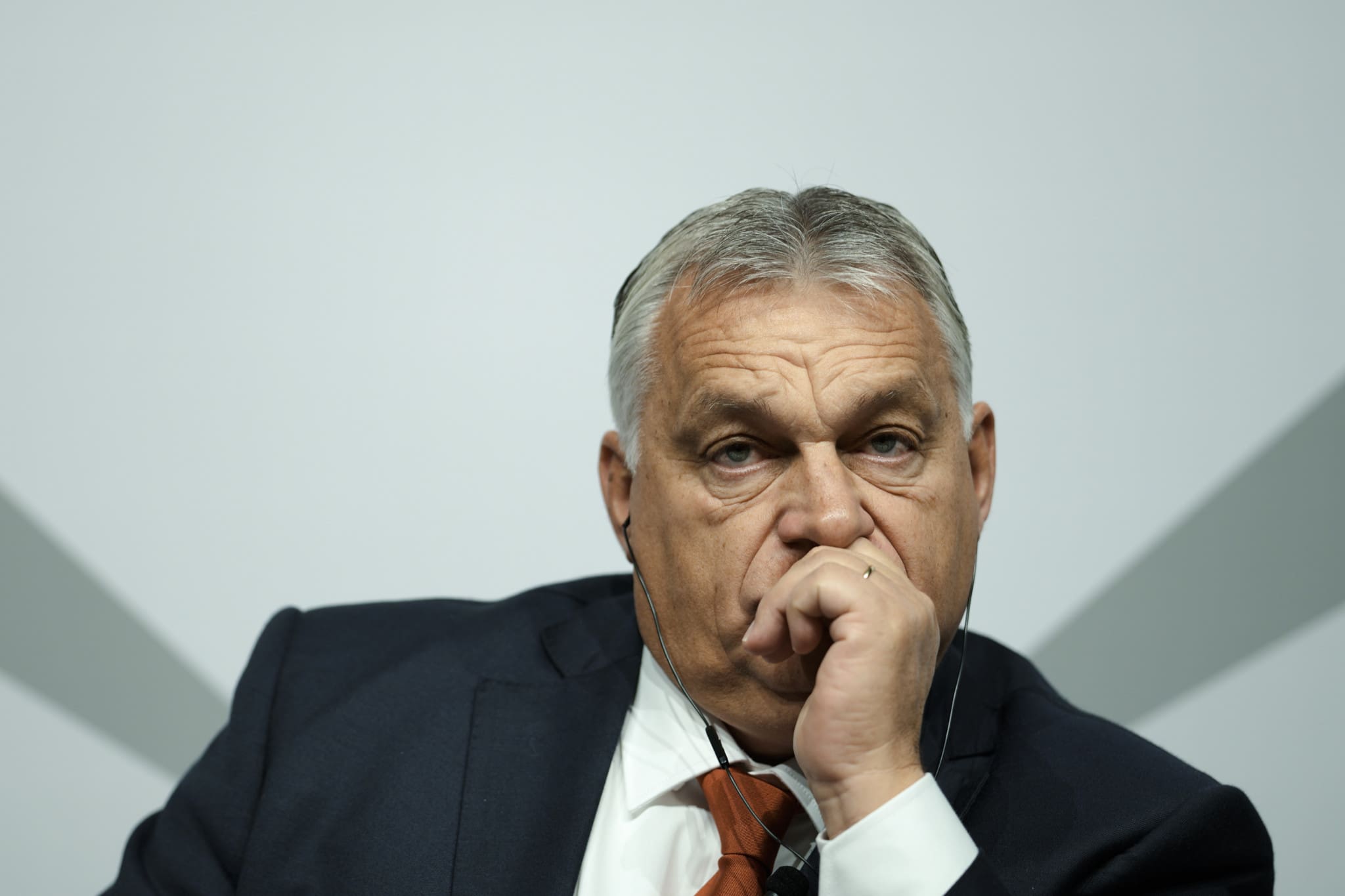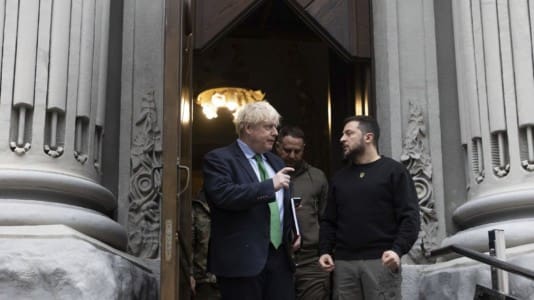Hungarian Prime Minister Viktor Orbán warned that Germany’s decision to send advanced tanks to Ukraine could have dire consequences and that it follows a pattern of escalation that leads towards Europe’s deeper involvement in the war.
“How did it start? It started with the Germans saying they were willing to send helmets because they wouldn’t send lethal tools into the war since that would mean participation in it,” said Orbán during an appearance on Hungary’s Kossuth Rádió. “This is where we started, Now, we’re at battle tanks, and they’re already talking about planes.”
NATO countries have struggled to argue they are not a part of the war effort. German Chancellor Olaf Scholz, for example, said that Germany is not a party to the war after German Foreign Minister Annalena Baerbock controversially claimed, “We are fighting a war against Russia, not against each other.” Other NATO countries have also claimed they are not a part of the war despite sending advanced weapons to Ukraine.
Orbán has responded to these comments by arguing that it does not matter what these leaders say — they have already entangled their countries in the conflict.
“We (Hungarians) are not in danger of being swept into it, but others are not only in danger but have already been swept away. And then there are the statements about whether they (Western countries) are at war with Russia or not, which is a ridiculous situation because who is at war is not a question of statements. If you are sending weapons, if you are financing the entire annual budget of one of the warring parties, if you promise new weapons shipments, more and more modern weapons, then you can say whatever you want. No matter what you say, you are in the war.”
In addition, Orbán argues that Russia sees European nations supplying Ukraine with weapons as direct combatants, even if these countries refuse to see themselves in such a role.
“Moreover, it is the other side (Russia) you are supplying arms against while supporting their opponent that actually chooses to see you as being at war with them. No matter what you say,” he said.
Orbán has refused to send weapons to Ukraine and has repeatedly urged Brussels to drop sanctions on Moscow, arguing they hurt Europeans more than they are hurting the Russians.
The Hungarian prime minister also warned that he could veto sanctions against Russia in the future, just as he did in the past in specific areas related to energy.
“There are some points that are clearly against Hungary’s vital interests and we have to veto. Such was the case with the oil sanction as well as the sanctions on Russian gas, which they can’t create because of us. Now, there are again plans for new sanctions. Now, they want to extend it to the nuclear industry. This obviously has to be vetoed. It’s going to be a big battle,” he said.
Hungary not only relies on nuclear power, but also has a longstanding relationship with Russian nuclear companies. If the EU were to successfully slap sanctions on Russian nuclear providers, it could help fuel an energy crisis in Hungary.






